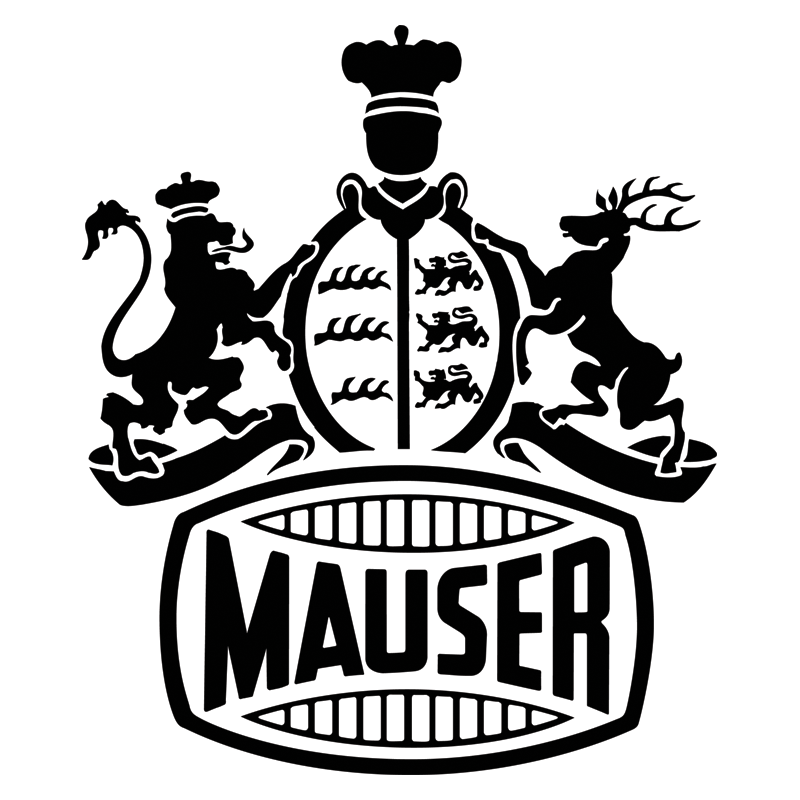

 The Accurate Reloading Forums
The Accurate Reloading Forums  THE ACCURATE RELOADING.COM FORUMS
THE ACCURATE RELOADING.COM FORUMS  Rifles
Rifles  Big Bores
Big Bores  Dumb Non-Firearms Question
Dumb Non-Firearms QuestionGo  | New  | Find  | Notify  | Tools  | Reply  |  |
| One of Us |
I've been thinking about this issue for several days and I post it here knowing it has NOTHING to do with the scope of the forum...but simply because the guys on the Big Bore forum seem to like calculations and numbers problems. Now with your forbearance, here's my query: Does anyone know how to calculate fuel consumption for any given engine? Every aircraft I ever flew had tables in the operating manual that said if you run the engine at this rpm, you will burn this amount of gas. And if you run the engine at that rpm, you will burn that amount of gas. On and on it went thru every sort of altitude and rpm etc. And the numbers were frighteningly accurate. What I am trying to figure out is a way to relate engine rpm of an engine to fuel consumption. Is there some sort of formula that says if you plug in this horse power or this bore and stroke and run the engine at X rpm, it will consume X amount of fuel. Am I making any sense?  Sorry to be so dumb. Sorry to be so dumb.  PS - This is not a trick question...although I suspect the answer may be tricky.  | ||
|
| One of Us |
In carbureted engines is was a little easier to calculate fuel consumption based upon throttle setting, air density, load, and engine variables. However with the advent of fuel injection, mass air flow meters and performance mapping computers, fuel flow is difficult to measure unless you have an in line flow meter. Maybe someone has a calculation which will get you in the ball park... | |||
|
one of us |
Maybe Scott knows.  | |||
|
| One of Us |
I've seen the same data for FI engines, Zero, but like you suggest, most of them had fuel flow meters too.  | |||
|
| one of us |
Zero, Actually, you have it backwards. It is far easier for the CAR's computer to calculate fuel mileage now than when it was carbureted. The aviation engines data was all based off of data gleaned from dynamometer tests and provided for calculations, I think for obvious reasons (it would not be cool to run out of gas @ 20,000 feet). You could obtain the same data for your car, if you ran it on a dyno and then calculate the mileage. Of course, if you are fuel infected, you simply need to tap into the ECM (engine control module) and get the necessary data from the sensor array already doing the work on the engine. I would think that someone out there, particularly some outfit that does custom performance programming, could write you a program to do the work. In the old days (like 10 years ago) we used lap tops plugged into the diagnostic port to gather this kind of data. We weren't calculating gas mileage as much as other key performance parameters, though.  I am too lazy to go look up all the necessary stuff, Pecos, but if you do a search on the web for "brake specific fuel consumption" it may help you understand the parameters you need to comprehend to perform the calculation. ASS_CLOWN | |||
|
| One of Us |
AC - Yeah, now that you mention it, a lot of the high dollar cars have built in mileage calculators where you can push a button and see what mileage you are getting. But so far I haven't found anything "bolt on" or any quick answer. I'll get off my lazy ass and do a bit of my own homework on the internet. The only gadgets that would tell me what I want to know look damned expensive so far. I was just hoping one of you whiz kids could give me a quick idiot proof formula. | |||
|
| one of us |
Pecos, What kinda car are we talking about? Depending upon make and model I may be able to get some insider information.  For instance, the current draw of the electic fuel pump can easily be converted to flow rate. However, some vehicle's fuel pumps run full throttle, and the overflow is diverted back to the fuel tank. Depending upon how your fuel pump is set-up a simple ammeter and a knowledge of the flow rate per amp would suffice, you would know the fuel flow out of the tank per unit of time. With this information and the speed of the vehicle you can calculate range to empty, gas mileage, etc. First we need to know what the flow rate per amp is for the pump in your car. ASS_CLOWN | |||
|
| One of Us |
Paul, after an exhaustive study and much late night calculation, not to mention wasting considerable space on AR with this question, I have concluded you are exactly right. In fact the last cokuple of days I have very consciously tried to keep my cruise control set on 55 - 60 mph rather than my usual 70 and guess what? My mileage has shot up from 21 to 21.5!! Whoopee! Of course I will probably die from being rear ended by an 18 wheeler.  And as the summer gets hotter and my new truck gets less "new" the novelty of all this will fade and I will start driving home at 80mph and gas mileage be damned. And as the summer gets hotter and my new truck gets less "new" the novelty of all this will fade and I will start driving home at 80mph and gas mileage be damned.Such is life. Thanks guys for tolerating my silliness. | |||
|
| One of Us |
A cool question to be sure. First, the fuel efficiency for an aircraft makes 2 assumptions, Straight and level flight, and a specific density altitude. For a plane this covers (nearly) ALL the variables. A car is a different animal. For straight and level flight at a particular density altitude the calculation would be just as easy. But... the computers in modern cars compute effeminacy by integrating injector duty cycle (injectors are rated by lbs/hr @ 100% open (same as planes!)) and fuel pressure. Floor the sucker and your instantaneous mileage could drop into the fractional region, coast down a steep hill in 6th gear and you could get a couple of hundred miles per gallon. It's a fun problem to work on of course.  Now for the really fun one! using Google find out how inefficient your engine is by comparing the BTU's contained in a gallon of gas to the HP figure given by the factory.  Discuss. | |||
|
| One of Us |
Pecos, In years past, they sold kits that you installed that gave you MPG, miles until the tank was empty etc. They were not expensive, in the $125 range. They had a fuel flow meter that intalled in the fuel line and magnets that you put on the drive shaft to give you information for speed. I bought one and put it on a semi displacement 26 foot boat and used a paddle wheel transducer as the speed pick up. I got the kit from Pennys when they still had auto parts. This boat's economy was very related to speed and I could fine tune my operation to make it run very effectively. The tough part with a boat was setting it up properly. In a car you can use mile post markers to set your speed and distance. Those don't exist in the water but I found some coordinates on some surveys on points of land in a lake and figured my own standards. The really good thing about this set up was the reliability of the fuel remaining. When boating in waters that had fuel stations a great distance apart, the distance to empty feature became invaluable. The fuel used was most often within one tenth of a gallon. Boat fuel gauges accuracy is most often +/- 5 to 10 gallons. | |||
|
Moderator |
Chic, They have a pretty high zoot offering now for boats called a flowscan, but they run a bit over $500. It has a fuel flow meter, and ties into your GPS for accurate speed readings. I just might put one on the boat I'm building, as most trips will be out and return. I'll probably take at least one week long trip per year in it, and when you're limited to how much fuel you can carry, you want to make every drop count. I don't think I'll ever save enough fuel to make the unit pay for itself, but for maximizing range, I think it will be a good investment. | |||
|
| Powered by Social Strata |
| Please Wait. Your request is being processed... |
|
 The Accurate Reloading Forums
The Accurate Reloading Forums  THE ACCURATE RELOADING.COM FORUMS
THE ACCURATE RELOADING.COM FORUMS  Rifles
Rifles  Big Bores
Big Bores  Dumb Non-Firearms Question
Dumb Non-Firearms Question

Visit our on-line store for AR Memorabilia

